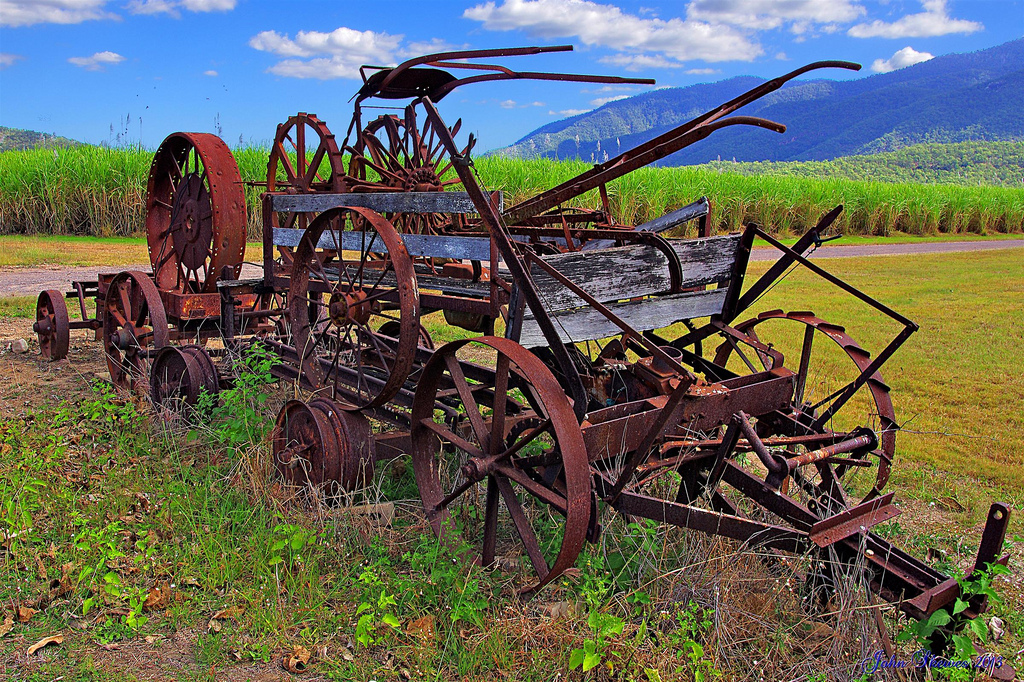Queensland’s metropolitan and provincial councils are doing better on roads, parking, footpaths, traffic management and public transport but rural councils are still falling behind, according to a survey conducted by the state’s local council peak body.
The Local Government Association Queensland-commissioned (LGAQ) Community Satisfaction Tracking Study tracks residents’ views about council performance every two years on a range of indicators, including roads, rubbish collection, libraries, public transport, planning, leisure facilities, financial management and setting rates. It began in 1997.
The 2015 independent survey revealed that the majority of the 700 Queenslanders surveyed were happy with council performance on core services like road building and maintenance; footpaths, kerbs and guttering; traffic management, parking and public transport compared with previous surveys.
Councils in Queensland also improved their performance levels across a broad range of management indicators since 2013, including town planning, building controls, financial management, revenue-raising and economic development.
But while satisfaction levels on several core council services remained strong, residents felt council performance had dipped since 2013 in the categories of water supply; sewerage; drainage and flood mitigation and waste management.
LGAQ president Councillor Margaret de Wit said the overall performance rating of councils was the highest it had been since 2005.
“Councils are to be commended on the improvements we have seen in this latest survey,” Ms de Wit said.
“To record such improvement at a time when it has never been a more difficult environment for local government to operate in deserves a pat on the back for our councils.
“Councils have worked hard to achieve more with less and this is evidenced in these results.”
The survey also compared different types of councils, with categories being developed metro, fringe metro, provincial and rural. The developed metro category is Brisbane, fringe metro includes those councils surrounding Brisbane. Provincial refers to large regional centres and the balance are rural councils.
The best overall performers were the fringe metropolitan councils, up from their 2013 performance rating where they also took out the top spot. The fringe metro councils achieved good scores in basic services and infrastructure, community lifestyle services, management and quality of council.
The LGAQ said that the performance of provincial councils had improved substantially since 2011, particularly in their ability to manage their shires, regions or cities. This followed a dip in the 2009 and 2011 surveys, possibly linked to council amalgamations.
Meanwhile, councils in the developed metro category returned to a sound performance in 2015 after a bad 2013 result, having received the highest performance rating in 2009 and 2011.
While this is good news for many of Queensland’s 77 councils, the outlook is not as bright for the state’s rural councils, where ratepayers again delivered them a poor report card.
The survey said: “The rural category has never achieved the highest overall performance rating and has experienced a steady decline to have the lowest performance rating of all council categories in 2013 and 2015.
“While the overall performance rating for all categories improved in 2015, the relatively low rating for the Rural category is a concern.”
Ratepayers judged rural councils more harshly than metro or provincial councils across every area, including basic services and infrastructure, community lifestyle services, council management, customer service and communications and the qualities of the council.
Ms de Wit said community satisfaction with the judged performance of rural councils had improved slightly since 2013 but they still faced extreme pressures.
“The rural and remote councils are working hard to deliver under the most dire circumstances of drought which has been devastating their communities for years in many cases.”
Rural and remote councils across Australia are doing it tough with a small and dwindling ratepayer base, tight government funding, huge distances to cover, natural disasters, weed incursions and decaying infrastructure all taking their toll.
A LGAQ spokesman added that rural councils and their communities faced unique challenges, such as drought and falling populations.
“Rural councils are constantly striving to meet community expectations while seeing revenue from such sources as financial assistance grants drying up and the state retreating from providing sufficient service levels in education and health,” the spokesman said.
“There are councils paying for schoolteachers and nurses, traditionally areas that the state government should be funding. The challenge for councils, which they realise, is the become more efficient and attuned to their community’s needs.”
Rob Gertsch chairs the Rural Councils Victoria Network, an alliance representing 38 rural Victorian councils, and he said nearly all of Australia’s rural councils were under a lot of strain. He said Queensland’s rural councils could benefit from having a similar network.
“It certainly makes a lot of difference when you’re going lobbying because you’re working under the one banner,” Mr Gertsch said.
The LGAQ spokesman said there was similar support for Queensland’s rural councils in the form of the Remote Area Planning and Development (RAPAD) group which had been instrumental in winning more funding for roads, pest management and wild dogs. Each Queensland region also has its own regional organisations of councils or ROCs, which lobby for regional benefits.
Ms de Wit promised to keep helping all of the state’s councils lift their game.
“The LGAQ’s role is to help councils deliver more for their communities and we will continue to work with all 77 councils across the State to help them deliver even better results next time,” she said.
The 2015 Community Satisfaction Tracking Study was conducted by Morton Consulting Services and Market Facts and canvassed the opinions of 700 Queensland households.






Leave a Reply